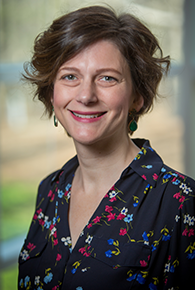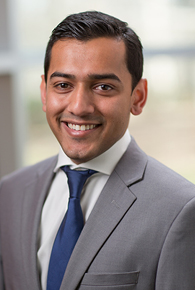
Julia Wacker
President, NCHF; SVP NCHA; Executive Director, CaroNova
The North Carolina Healthcare Foundation (NCHF) has formed the COVID-19 Fill the Gap Response Fund to partner with private philanthropy, corporate partners, and major gift donors to rapidly meet critical needs of organizations across North Carolina as they respond to the COVID-19 pandemic.
The fund will deploy resources to organizations working on the frontlines of the crisis to address emerging, acute, and long-term needs. The fund is designed to bolster and support the efforts of government and public health officials responding to all aspects of the outbreak in North Carolina.
Multiple rounds of proactive and responsive grants will focus on healthcare entities, and their community partners, responding to the crisis across the state.
Applications are currently closed.
The Fill the Gap Response Fund was formed to support North Carolina’s people and places disproportionately impacted by COVID-19. Evidence suggests the pandemic is spreading more rapidly, and leading to poorer health outcomes, among vulnerable communities. The Fill the Gap Response Fund will support efforts to intentionally address health disparities worsened by the COVID-19 crisis.
Applications should be consistent with the mission of the North Carolina Healthcare Foundation: “to foster and accelerate the collective impact of hospitals, health systems and community partners to improve the health of North Carolinians.” Additional priority will be given to applications that focus on one or both of the following areas:
We encourage organizations that meet one or more of the following criteria to apply:
A total of up to $1.5 million will be granted in Round Two. Grants will range from $25,000 to $150,000 for individual organizations and up to $250,000 for collaborative applications. The Fill the Gap Response Fund Advisory Committee expects to recommend funding 10-15 grants during the second cycle of funding.
Based upon the charitable structure of the COVID-19 Fill the Gap Response Fund, grants are limited to:
We are not able to fund:
Allen Smart | Consultant | Rural Philanthropy | Ex-Officio
Juan Austin | Senior Vice President of Corporate Philanthropy and Community Relations | Wells Fargo
Ret Boney | Executive Director | North Carolina Network of Grantmakers
Nicole Dozier | Director, Health Advocacy Project | North Carolina Justice Center
Erika Ferguson | Director, Healthy Opportunities | North Carolina Department of Health and Human Services
Jeffrey Simms | Assistant Professor, Health Policy and Management | Gillings School of Global Public Health
Julia Wacker | Senior Vice President | North Carolina Healthcare Foundation
Second round grant recipients include:
Eastern North Carolina
Piedmont Triad
Central North Carolina – Triangle Region, Fayetteville and Lumberton
Western North Carolina
Read the press release here.
First round grant recipients include:
Eastern North Carolina
Central North Carolina – Greater Charlotte and Statesville
Central North Carolina – Triangle Region, Fayetteville and Lumberton
Western North Carolina
Read the press release here.
All documents available in Spanish upon request. Estos documentos están disponibles a petición del interesado.

President, NCHF; SVP NCHA; Executive Director, CaroNova
